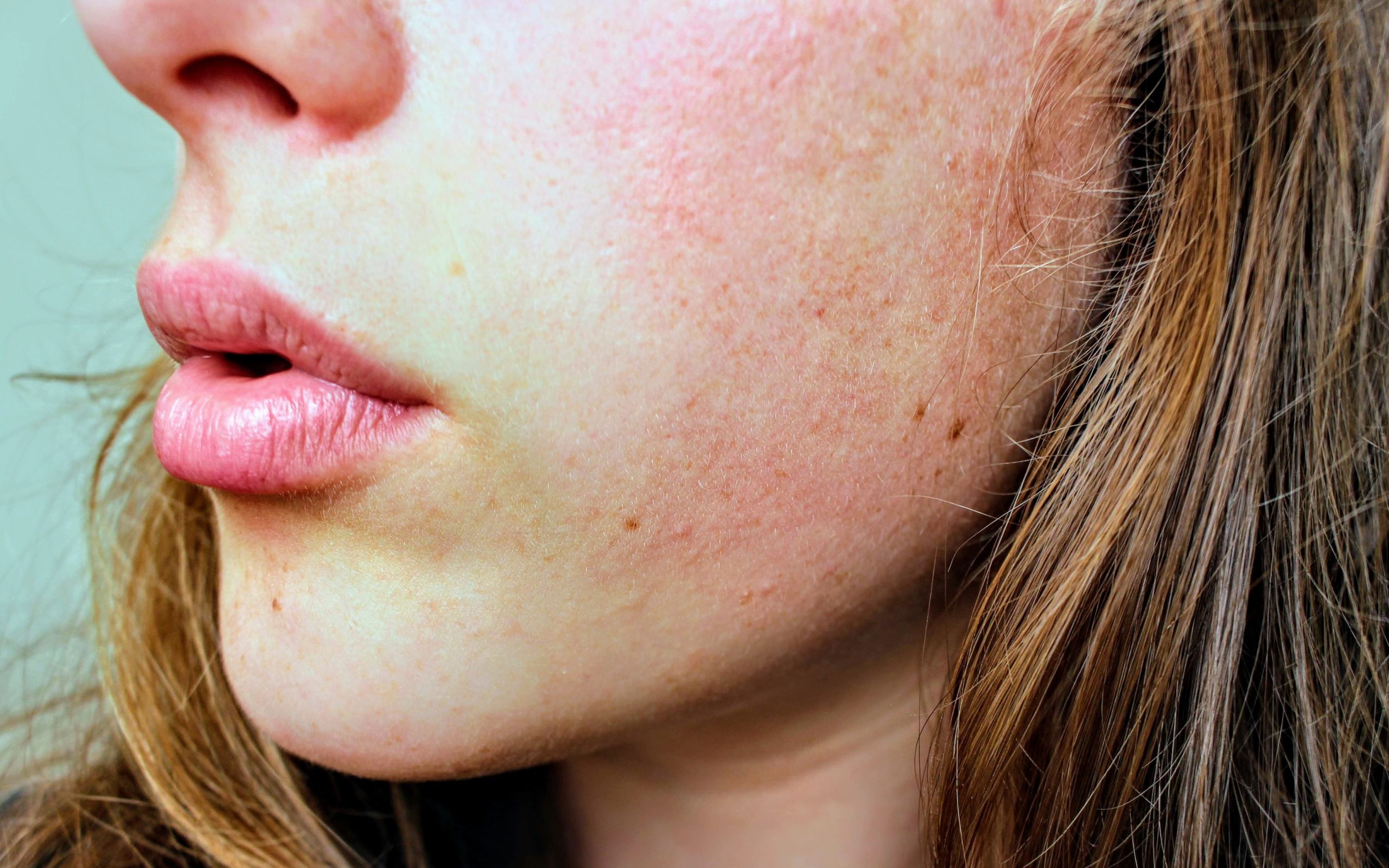Winter presents many with dry, itchy, inflamed, scaly eczema and dermatitis that can cause much embarrassment and irritation to suffers. It may be visible as a small pink patch or it may cover a large area and look very nasty!
You may experience eczema due to a family history, food intolerance or allergy to a contact irritant. Which ever it is, eczema is never a nice experience. It may also come and go at different times in your life.
What are the symptoms associated with Eczema and Dermatitis?
Itchiness
The problem faced with itchiness is infection. Scratching at the skin leaves the body vulnerable to bacterial or fungal infiltration. Scratching may also promote bleeding.
Redness
The result of inflammatory processes, redness can draw heat to the area and create an unsavoury appearance.
Dryness
Excessively dry skin or sebum can create a crusty appearance that may be prone to flaking, feeling or scabbing at times.
Ooziness
If the condition is particularly significant the skin may ooze fluids that may possess bacteria.
Soreness
Occasionally eczema and dermatitis can be painful and debilitating due to inflammation, infection and scratching.
Common areas affected by Eczema and Dermatitis
Inside the elbows
Behind the ears
Behind the knees
On the hands and feet
What are some of the causes of Eczema and Dermatitis?
Family history
There is a strong link between family history and the two conditions. It is always a good idea to know the medical history of your family where possible.
A process of elimination and detoxification
Because the skin is one of the major detoxing organs your body may be telling you that it needs to detox something that is causing it harm. Supporting the health and function of your digestive system, liver, lungs and kidneys can go a long way to reducing or eliminating eczema and dermatitis.
Stress-less
Stress and anxiety strain the body which can present on the skin
An imbalance of gut microbes (healthy v unhealthy gut bacteria)
Important to skin health is a happy gut. They seem so far from being connected in health but believe me, they are! When your gut is out of wack so is your skin and that may present as eczema, dermatitis, acne or fungal infections.
Intolerances
Food sensitivities have also been linked to the presentation of eczema and dermatitis. Common culprits which may or may not be relevant to you include:
- Dairy
- Gluten and wheat
- Salicylate containing foods
- Eggs
- Peanuts
- Artificial additives in food
- Yeast
Work with your nutrition professional to develop an elimination diet to identify your culprit.
Contact with your nemesis
Contact dermatitis is often isolated to one area, where an irritant has come into contact with the skin. It usually presents as a red, sometimes raised rash.
Some of the common offenders include:
- Latex
- Detergents
- Jewellery that contain nickel
- Fragrances
- Dust
- Plants
What can you do to reduce your dreaded eczema?
The condition may very well appear on the skin, however, it is just as important to treat from the inside. It may also be partly related to family history BUT this DOES NOT mean you are destined to have the condition, nor does it have to be so violent. Focus on identifying dietary triggers (if any) and support your detoxing organs such as the liver, kidneys, digestive tract and lungs. Tropical applications may be applied in conjunction with internal treatments.
What can you do with your diet?
Remove food sensitivities
Obviously avoiding dietary sensitivities and intolerances is an important step, however, it is extremely important to take due diligence in eliminating foods by ensuring they are indeed the offending party. You don’t want to end up for deficiencies which may also cause skin complaints.
Eliminate sugary foods
The inflammed appearance of the eczema should subside with the elimination of sugary foods and your detoxing organs will love you for taking this simple step (or not so simple for some).
Alcohol is not your friend
Alcohol is another inflammatory promoting and drying feature in many peoples diet. It often contains its own sugars and is a toxin, diuretic and immune suppressant.
Do you suffer from Candida?
Related greatly to the bacterial imbalance, Candida albicans can be associated with those who suffer from eczema and dermatitis.
Flush it out!
H20 (water) is your friend in eczema and dermatitis outbreaks. Not only does it help to hydrate the skin but it flushes out waste product and supports detoxification processes.
Find your love of fish!
Particularly the fatty kind. Omega 3 fatty acids are anti-inflammatory and support healthy sebum. Don’t like fish? That’s okay, get your healthy fats from chia seeds, flaxseeds, hemp seeds (or oils), nuts, seeds, avocados and olive oils.
Topical support
- Tea tree is antibacterial and antifungal. Applying tea tree can reduce the chances of infection. CAUTION never apply tea tree to open wounds, it may also dry the skin further. There are some wonderful tea tree based anti-septic creams and washes on the market which have a lower drying effect on the skin.
- After tea tree is applied use a gentle lotion with aloe, jojoba or calendula. The eczema and psoriasis cream made by MooGoo is often an effective treatment. Evohe also make an Omega 3.6.9 that is exceptionally hydrating.
- Avoid soaps. Particularly those that are fragranced and high in alcohols.
- Take caution with clothes washing detergents and cleaning products
- If you are exercising, be sure to shower soon after to avoid the aggravation of areas by sweat.
Supplements may be explored under the supervision of your health professional, including:
- Probiotics to balance our gut and skin health.
- Stress reducing supplements
- Evening primrose oils, fish or flaxseed oils

